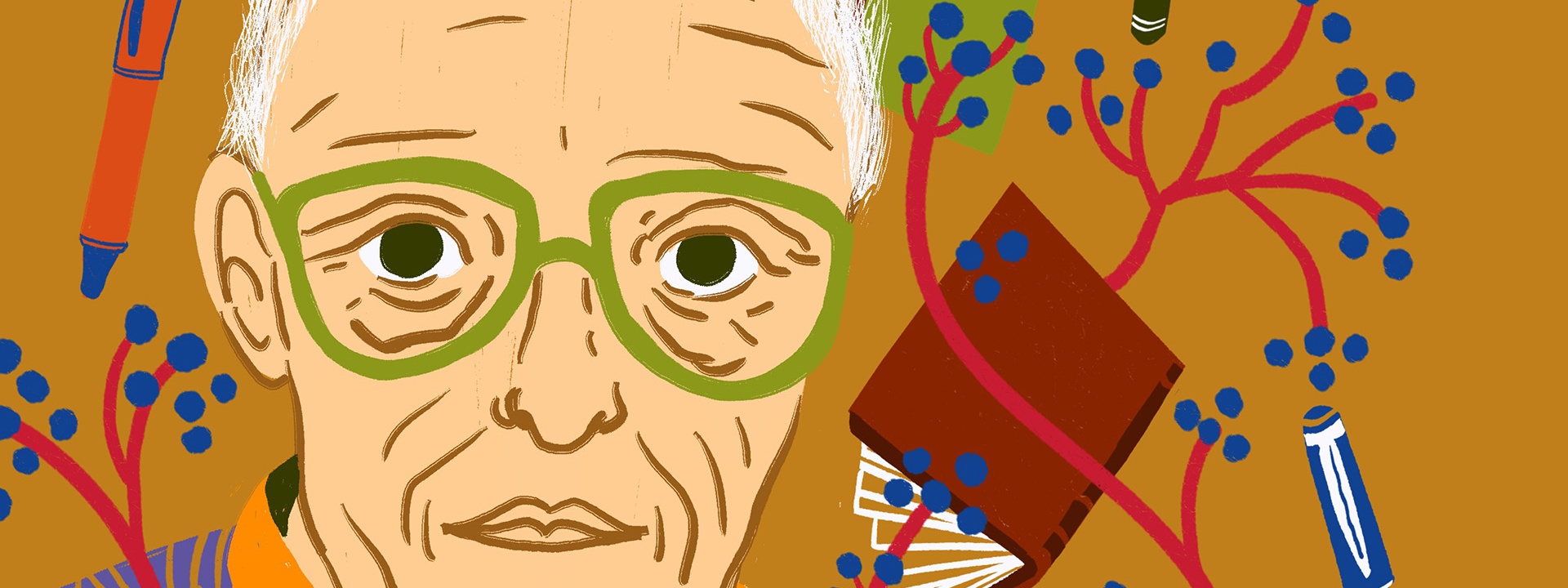Bachisio Zizi (b. Orune, 1925–d. Cagliari, 2014) was an Italian writer.
Bachisio Zizi
Description
He spent his childhood, which was for him a time of work and sacrifice, in Orune, where during summer vacations he helped his father with his work as a stonecutter — in Sardinian, su piccapredi.
He later worked various other jobs without ever abandoning his studies.
When he was twenty, he completed secondary school with a diploma in accounting.
Shortly after graduating from the University of Genoa, he began his career as a senior banking executive, which took him to Naples, Rome and Cagliari.
His passion for literature and writing grew alongside his prestigious career.
With tenacity and precision, he completed the first drafts of what were to be important works.
Zizi embodied a unique, profound idea of literature, with roots in a tumultuous, complex Sardinia. An authentic Sardinia, desirous of telling its story and showing itself to the world in its purest state.
It is from this that the town of Orvine and all of the dramatic, comic and tragic characters in his novels emerged.
A recurrent theme in his writing is a feeling of detachment, a fracture that forms when one leaves his or her place of origin. For Zizi, this was a source of pain and suffering, but it was from this that he drew his awareness of his task: to capture people, places and things. And this could only be done through writing.
Erthole is the work that most fully embodies the concept of place as mental identity, one of Zizi’s most cherished themes. It is a melancholic, sad and profoundly intense work, in which the writer masterfully describes the interior of things and captures the crude intimacy of people. The best of Zizi is found in this and his other great work, Santi di Creta: dreamlike, loaded with passion and potently evocative.
In 1997, he won the Special Jury Prize in the G. Dessì literary competition for Cantore in malas.
 Nuorese Cultural District
Nuorese Cultural District